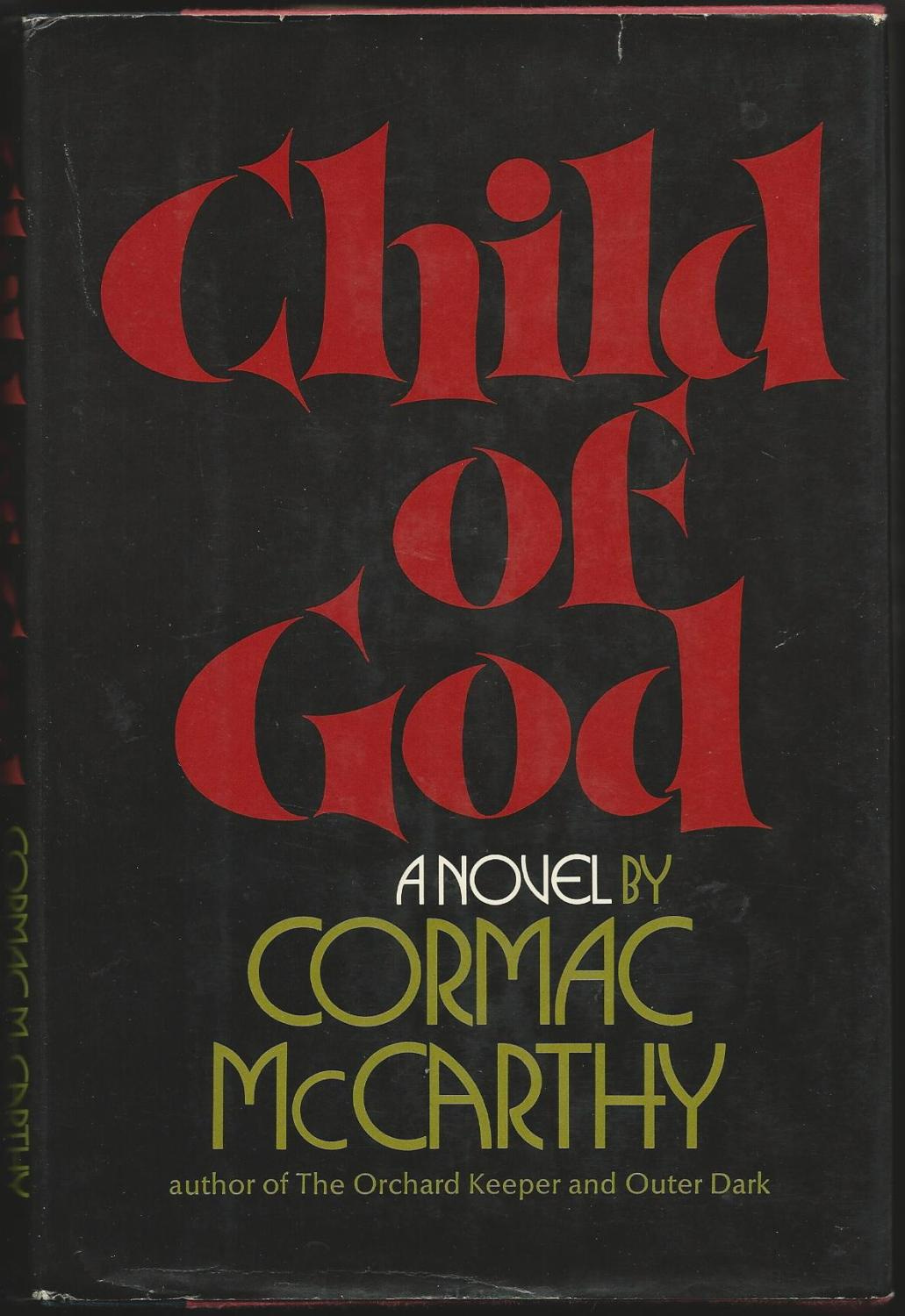Cormac McCarthy is, according to many, one of the greatest living American writers of fiction. Based on his work that I’ve read in the past, I’m inclined to agree. He has published 12 novels. 2023, like most years, is expected to have 12 months. I will read one McCarthy novel each month, in publishing order, over the course of this year. Welcome to Cormac McMonthly.

In his new book, What’s Our Problem? A Self-Help Book for Societies, the writer Tim Urban posits a fascinating analogy for contemplating the whole of human history: If our species’ entire existence were recorded as a 1,000-page book, with each page representing a span of 250 years, we’d currently be on page 1,000 of that book.
What’s staggering to consider is that for the first 999 pages of the book, there were fewer than a billion humans on the planet, whereas suddenly, on page 1,000, there are eight billion.
For the first 999 pages, there was no electricity. Now we have people using AI tools to fool other people on Twitter with a bogus photo of the Pope looking dope as hell in Balenciaga.
Our society has changed so drastically in such a short amount of time, but in many ways – in most ways – we’re the same bipedal apes who hid in caves from fanged predators.
Here on page 1,000, we sit in rooms, alone, sometimes in the dark, and stare at screens. Some of us consider this normal. Some of us consider this progress.
On pages 1 through 999, we mostly sat huddled together, happy if we could escape the rain, and happier still if we could stay warm for stretches at a time. When it got dark, hopefully someone had the knowledge and the means to build a fire, or light a candle. Togetherness was a key element of survival.
To be banished from the group, out into solitude, into the elements, would have been terrifying. What behaviours are deemed so unacceptable that banishment is preferable to reconciliation? Each society has its own answers to that question. Sufficient deviance is always grounds. And for the first 999 pages, banishment from the group may as well have been a death sentence.
For as long as there have been humans, there has been depraved violence. We still experience it every day, and some of us are still shocked by it. Certainly we flock to it when it’s shared on social media. Still it’s headline news. It’s something to read about or watch, so long as it’s not visiting us where we live.
Each atrocity is committed by somebody’s son or daughter. Each isolated weirdo on the fringes of society got to where they are through a series of decisions made by them, and by the people who decide where the fringes begin and end.
Cormac McCarthy’s third novel, Child of God, is harrowing. It is at times repugnant. Its protagonist, Lester Ballard, is described this way by The Cormac McCarthy Society website: “a murderer and necrophile, expelled from the human family and eventually living in underground caves, which he peoples with his trophies: giant stuffed animals won in carnival shooting galleries and the decomposing corpses of his several shot victims, male and female. This is the child of God.”
“A child of God much like yourself perhaps,” in McCarthy’s words.
I had never read Child of God before, and intentionally knew nothing about its plot going into this reading. I didn’t realize I was reading a horror story until nearly the halfway point. Until that realization crawled into my brain, I was enjoying the funniest dialog and character interactions I’d seen from McCarthy in his first three books. I was ready to criticize him for veering too hard into parody. While his first two books, The Orchard Keeper and Outer Dark portrayed poor, uneducated white folks with delicacy, Child of God often feels like it’s punching down, making fun of these Tennessee people and their backward ways.
Here we have the story of Lester, a ne’er-do-well who, in the early part of the book, is shown to be a bit awkward, and who keeps questionable company. The book’s short chapters depict scenes from his life, sometimes from his own point of view, and sometimes from those of the people who know him, or know of him. He’s talked about as a country boy who isn’t quite right in the head, and who owns a rifle which he worked hard to purchase with his own money. He clearly treasures that rifle. We, as readers, know he’ll use it eventually. Chekhov taught us.
He does use it. But he commits far more heinous acts besides. That McCarthy has the audacity to make Lester charismatic, and even sympathetic, is a testament to his abilities. The revulsion creeps in like water slowly flooding a room as the enormity of Lester’s deeds reveal themselves. We are shown the decisions he makes, not rational ones, which act as turning points in his journey from local weirdo to social outcast to serial offender.
This plot contains all the elements of a salacious true crime podcast. But it never reads like a tabloid. It reads like a human life is lived, with moments of hilarity, and mundanity, and abhorrence. It reads like Biblical scripture, as though the strange man with the rifle and the dead girl he’s bought clothes can teach us a timeless lesson, of God’s omnipotence and our abandonment by God.
The horrors enacted by Lester – and the other characters’ inability to comprehend them – represent traits inherent to our species. We think we’ve evolved beyond the first 999 pages. Collectively, we have, and with alarming abruptness. But as individual primates, we mostly haven’t. McCarthy’s stories are rooted in very specific places and moments in time, but the motivations of his characters are elemental. Not timeless but impervious to time.
There are aspects of us that we wish we could scrub out and replace with personal brands and online presence and work-life balance. McCarthy reminds us that there is no us without those aspects. They can’t be same-day deliveried away.
For every Plato, or Joan of Arc, or Mahatma Gandhi, there are a hundred or a thousand Lester Ballards. We don’t like to think about them. Hell, they probably don’t like to think about themselves.
I’m not sure there’s any great lesson to be learned from reading Child of God. I won’t say there’s a little Lester Ballard in all of us, because I don’t think that’s true. I don’t know that I’m better for having read this book. I do know that it guided me toward contemplations I would not otherwise have had. It made me laugh a lot. It led me into the dark, astounded, and left me there to find my way out.
Cormac McMonthly
January: The Orchard Keeper (1965)
February: Outer Dark (1968)





Really enjoying Cormac McMonthly!
This is the first one that's a reread for me and I think I like it more this time, but that's not saying much. I have a tough time with this novel because it does feel the most like McCarthy just getting gross.
Jayson, this review was so good. I especially love how you tied it all up.
“I’m not sure there’s any great lesson to be learned from reading Child of God. I won’t say there’s a little Lester Ballard in all of us, because I don’t think that’s true.”
For me, Child of God feels like one long extrapolation of that Blake poem, The Tyger. If God exists, there’s some real harsh truths about His ability to create or allow pure evil.
Suttree is my second favourite of his books. Can’t wait to hear your take!